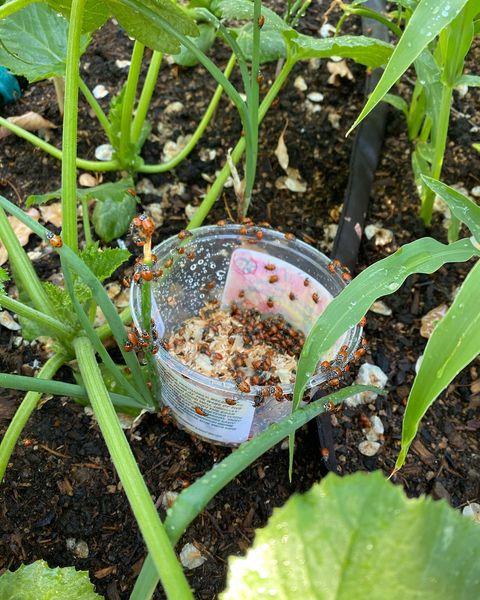Pesticides are a familiar name in vegetable and fruit farming. Pesticides are essential for safe food, free from pests and diseases. However, if it is a toxic chemical, its use and incorporation into food poses a risk. Many times toxic chemicals can be added to food due to lack of proper knowledge of pesticide application. Therefore, agricultural experts advise to increase the production and use of organic pesticides to ensure safe food. In today’s article, we will learn the preparation, uses and benefits of some essential biocides with close at hand.
Organic Pesticides – Neem Leaves
Main Ingredients
- Clean container,
- Clean pure water,
- Grinded raw neem leaves,
- Soap/ soap powder/ liquid soap (ordinary soap, laundry soap, dry/liquid dish soap, shampoo, hand soap etc.).
The Method
- Take 2.5 liters of water in a clean container and soak 250 grams of raw neem leaves in it for 24 hours. Then strain the mixture well.
- 3 teaspoons of soap powder should be mixed well with the mixture obtained after straining.
- This is how the organic insecticide of neem leaves was prepared. Now immediately apply it to the garden.
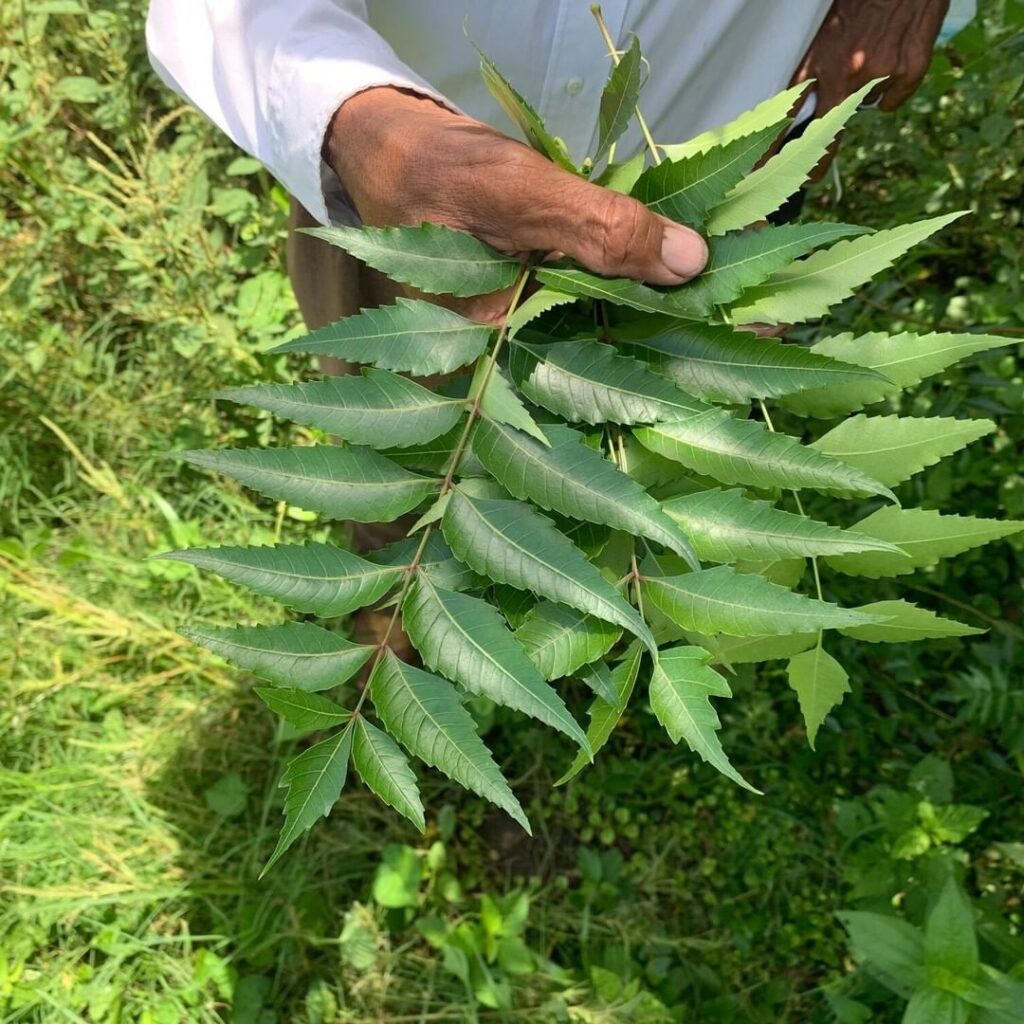
Application Time
In the evening
Uses and Benefits
One cup at the base of each plant in the garden kills ants, subterranean weevils, weevils, whiteflies, leafhoppers, trips, scale insects, leaf tunelets, planthoppers, leafhoppers, whiteflies and fruit flies. Borers, weevils, flea beetles, chopper beetles, diamond back moths and snails etc. do not attack the plant or become inactive.
- Certain insects can be controlled, except for certain species of insects that are less likely to harm animals.
- Less harmful than chemical pesticides.
- Biodegradable – so it does not harm the environment. Environmentally friendly.
- It is possible to produce crops in a healthy and 100% organic manner without the use of chemical pesticides.
Precautious
- Since pesticides are being produced biologically or naturally, it is better to use clay pots.
- Pure water will not contain any harmful substances, any other chemicals or ions dissolved in it.
- Soap powder should be mixed with water in advance so that it mixes well with water.
- Strain the mixture very well so that the spray tube of the sprayer does not get stuck and then use it in the sprayer.
- If this organic pesticide is applied at other times of the day than evening, its effectiveness is not as expected.
- Should not be applied after flowering.
Organic Pesticides – Lemon Juice Leaves
Main Ingredients
- Clean container,
- Clean pure water,
- Lemon juice
- Charcoal powder (collected from cooking furnace)
- Clean cloth (can be used as strainer)
The Method
- In a small clean bowl squeeze the lemon and extract the juice.
- Collect the charcoal from the cooking furnace and grind it into fine powder or powder ash and take it in another clean container.
- Take 1 liter of water in a clean container and add 50 ml of lime juice and 50 grams of wool charcoal powder and mix it well.
- Then strain the mixture well with a cloth.
- After filtration the liquid will be ready as organic pesticide. It should be applied to the garden immediately.
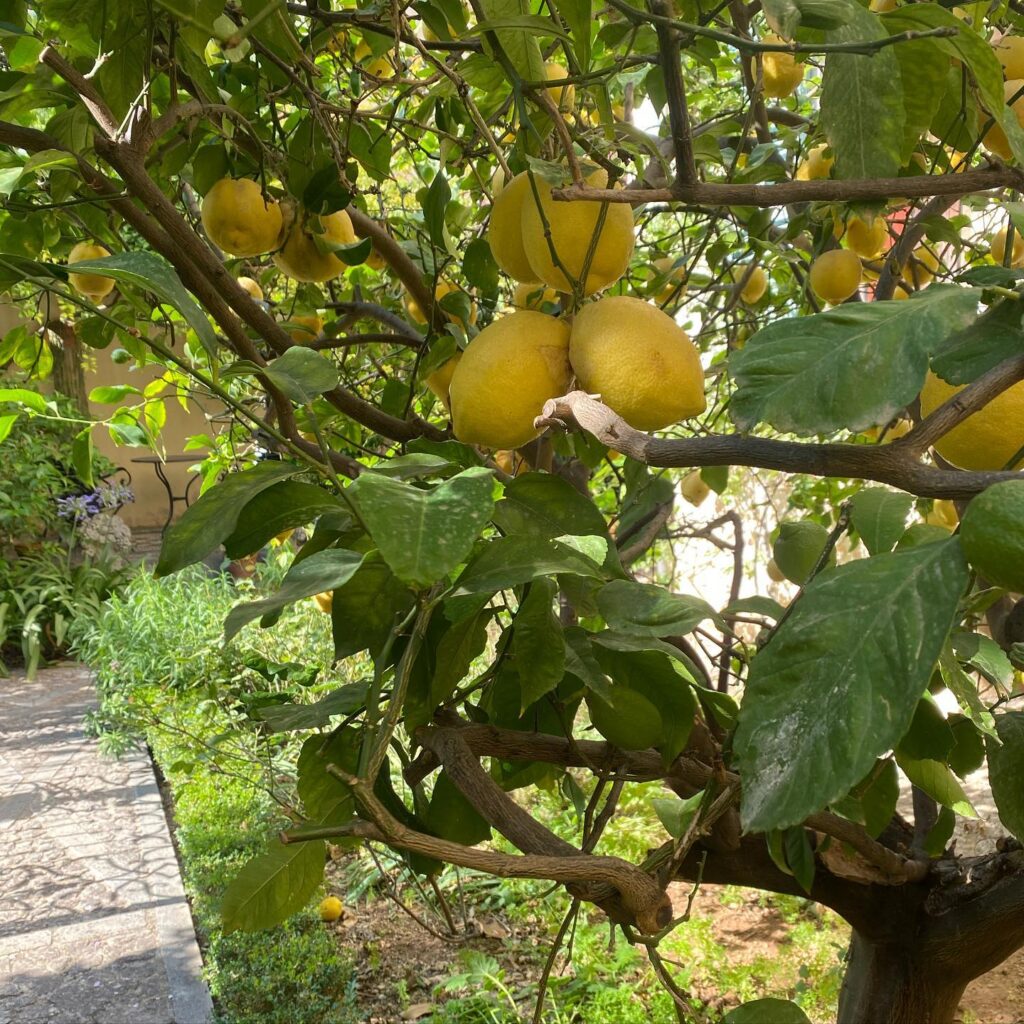
Application Time
Any time except in hot sun.
Uses and Benefits
- Spray well on every plant in the garden to get rid of harmful beetles, aphids and harmful spiders.
- Certain insects can be controlled, with less chance of harming animals other than certain species of insects.
- Less harmful than chemical pesticides.
- Biodegradable or destroyed in the environment so it does not harm the environment. Environmentally friendly.
- It is possible to produce crops in a healthy and 100% organic way without using chemical pesticides.
Precautious
- Since pesticides are being produced in biological process or naturally, it is better to use clay pots.
- b) Pure water will not contain any harmful substances, any other chemicals or ions dissolved in it.
- Filter the mixture very well before using it in the sprayer so that the orifice of the spray tube of the sprayer is not blocked.
- It is better not to apply this organic pesticide in hot sun.
Organic Pesticide – Ginger
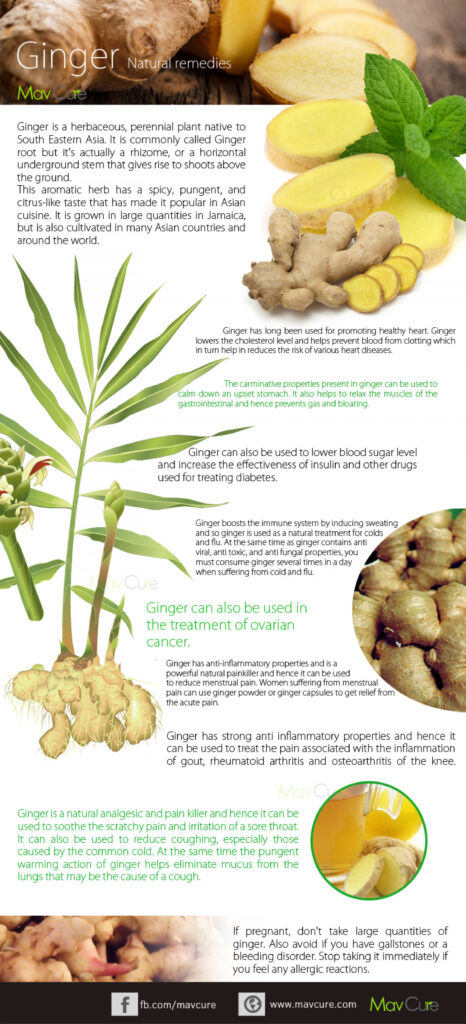
Main Ingredients
- Clean container,
- Clean pure water,
- Raw ginger,
- Soap/ soap powder/ liquid soap (ordinary soap, laundry soap, dry/liquid dish soap, shampoo, hand soap etc.).
The Method
- Grind raw ginger well and take 100 grams of it in a clean container.
- Take 5 liters of water in a clean vessel and soak 100 grams of raw ginger in it.
- Then 5 grams of soap powder should be mixed well with the mixture.
- Then strain the mixture well.
- Thus organic insecticides were prepared from raw ginger extract. Now it has to be applied in the garden immediately.
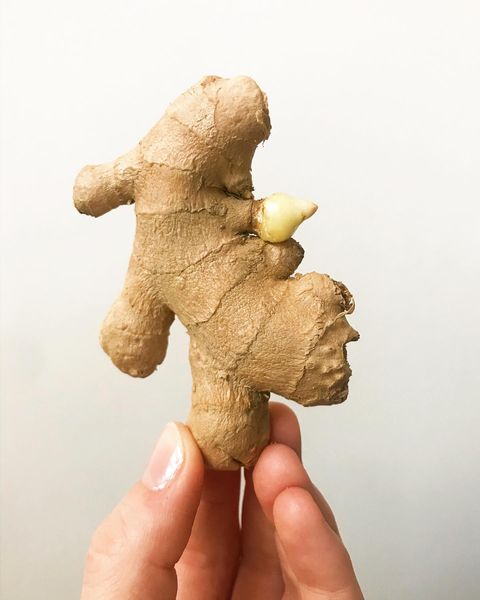
Application Time
Any time except in hot sun.
Uses and Benefits
You can spray the plant after 5-7 days. Then aphids or blackflies, thrips, tomato, pepper, capsicum etc. vegetable whiteflies can be controlled. Certain insects can be controlled, but are less likely to harm animals other than certain species of pests.
- Less harmful than chemical pesticides.
- Biodegradable or perishable in the environment so it does not harm the environment. Environmentally friendly.
- Healthy and 100% organic crop production is possible without the use of chemical pesticides.
Precautious
- Since pesticides are being produced biologically or naturally, it is better to use clay pots.
- Pure water will not contain any harmful substances, any other chemicals or ions dissolved in it.
- Soap powder should be mixed with water in advance so that it mixes well with water.
- The mixture should be strained very well and then used in the sprayer so that the spray tube of the sprayer does not get stuck.
- It should not be applied in direct sunlight or strong sunlight.
Organic Pesticide – Garlic
Main Ingredients
- Clean container,
- Clean pure water,
- Garlic,
- Kerosene oil,
- Soap/ soap powder/ liquid soap (ordinary soap, laundry soap, dry/liquid dish soap, shampoo, hand soap etc.).
The Method
- Grind garlic cloves well and take 100 grams in a clean container.
- Take 50 ml of kerosene oil in a clean container and soak 100 grams of crashed garlic in it for 24 hours.
- After that, mix 500 ml of pure water and 10 grams of soap well.
- Then strain the mixture well and keep it in a clean container for 48 hours.
- Now by mixing 5 ml of the mixture in 1 liter of water well, the organic pesticide will be prepared which should be applied in the garden immediately.
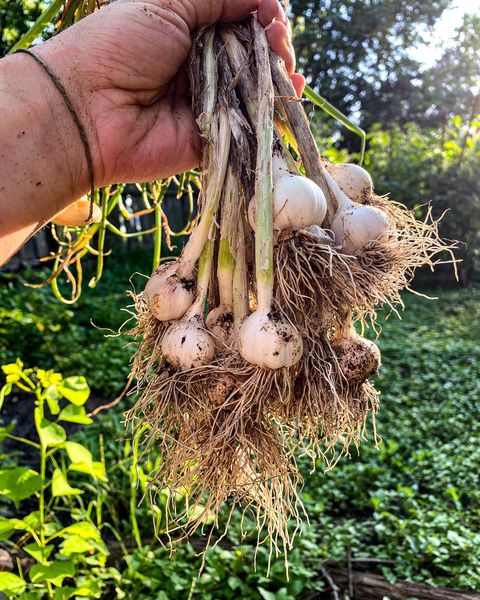
Application Time
Any time of the day except in hot sun.
Uses and Benefits
- Spraying the plant every 5-7 days can protect the plant from the attack of aphids or mealybugs, thrips. Also, whitefly can be controlled in vegetables such as tomato, pepper, capsicum etc. Specific insects can be controlled, there is less chance of harming animals other than certain species of insects.
- Less harmful than chemical pesticides.
- It is easily biodegradable or destroyed in the environment so it does not harm the environment. Environmentally friendly.
- Crop production is possible in a healthy and 100% organic way without the use of chemical pesticides.
Precautious
- Since pesticides are being produced biologically or naturally, it is better to use clay pots.
- Pure water will not contain any harmful substance, any other chemical substance or ion dissolved.
- Soap powder should be mixed with water in advance so that it mixes well with water.
- The mixture should be strained very well and then used in the sprayer so that the spray tube of the sprayer does not get stuck.
Organic Pesticide – Pepper
Main Ingredients
- Clean container,
- Clean pure water,
- Pepper
The Method
- Take 1 liter of water in a clean container and soak 50 grams of pepper in it for 12 hours.
- After soaking for 12 hours, just remove the pepper from the water and grind it well, then mix the paste/ paste with the water again.
- After straining the solution well and adding another 3 liters of water and shaking it well, the pepper insecticide should be prepared.
- Now it is ready to spray the garden immediately.
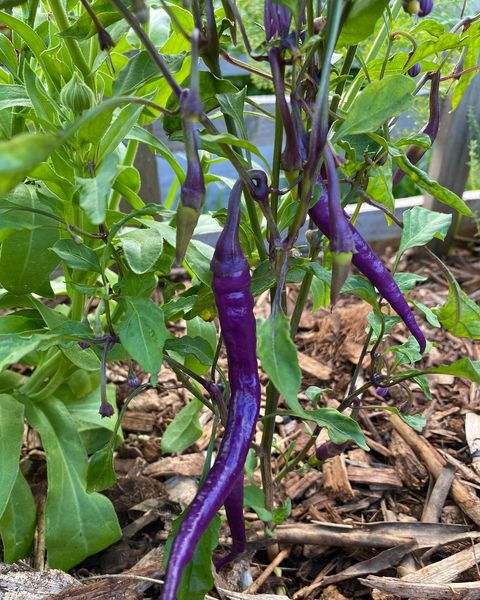
Application Time
In the evening
Uses and Benefits
Within 24 hours of spraying it, you will see its unparalleled effectiveness. Suppresses all garden pests.
- Suppresses mealybugs.
- The garden is free of ants.
- Suppresses moths and caterpillars.
- Controls house flies.
- Suppresses red cotton bug.
- Suppresses flour/semolina eating red flour beetle.
- Maize weevil, etc. is more effective than malathion group of insecticides. The role of maize in grain conservation is unique.
- Disrupts the oviposition of insects on leaves or other parts of the plant, destroying the eggs/larvae.
- Acts as an antibacterial agent.
- Some chemicals are less harmful and more effective than pesticides.
- Keep gardens and plants free from unwanted touch by domestic animals and protected.
- It is easily broken down in the environment (biodegradable) or destroyed so it does not harm the environment. Environmentally friendly.
- It is possible to produce crops in a healthy and 100% organic way without the use of chemical pesticides.
Precautious
- Since pesticides are being produced biologically or naturally, it is better to use clay pots.
- Pure water will not contain any harmful substances, any other chemicals or ions dissolved in it.
- The mixture should be strained very well and then used in the sprayer so that the spray tube of the sprayer does not get stuck.
- It is better for plants not to apply it in direct sun or strong sunlight.
Organic Pesticide – Coriander
Main ingredients
- Clean container,
- Clean pure water,
- Coriander leaves
The Method
- Take 500 grams of coriander leaves without roots and grind them well.
- Then mix 500 ml of water with coriander leaves in a clean bowl.
- Then boil the mixture for 10 minutes on low flame.
- Then take the mixture off the stove and let it cool.
- Coriander leaf insecticide will be ready after it cools down and strained well.
- Now it is immediately suitable for garden application.
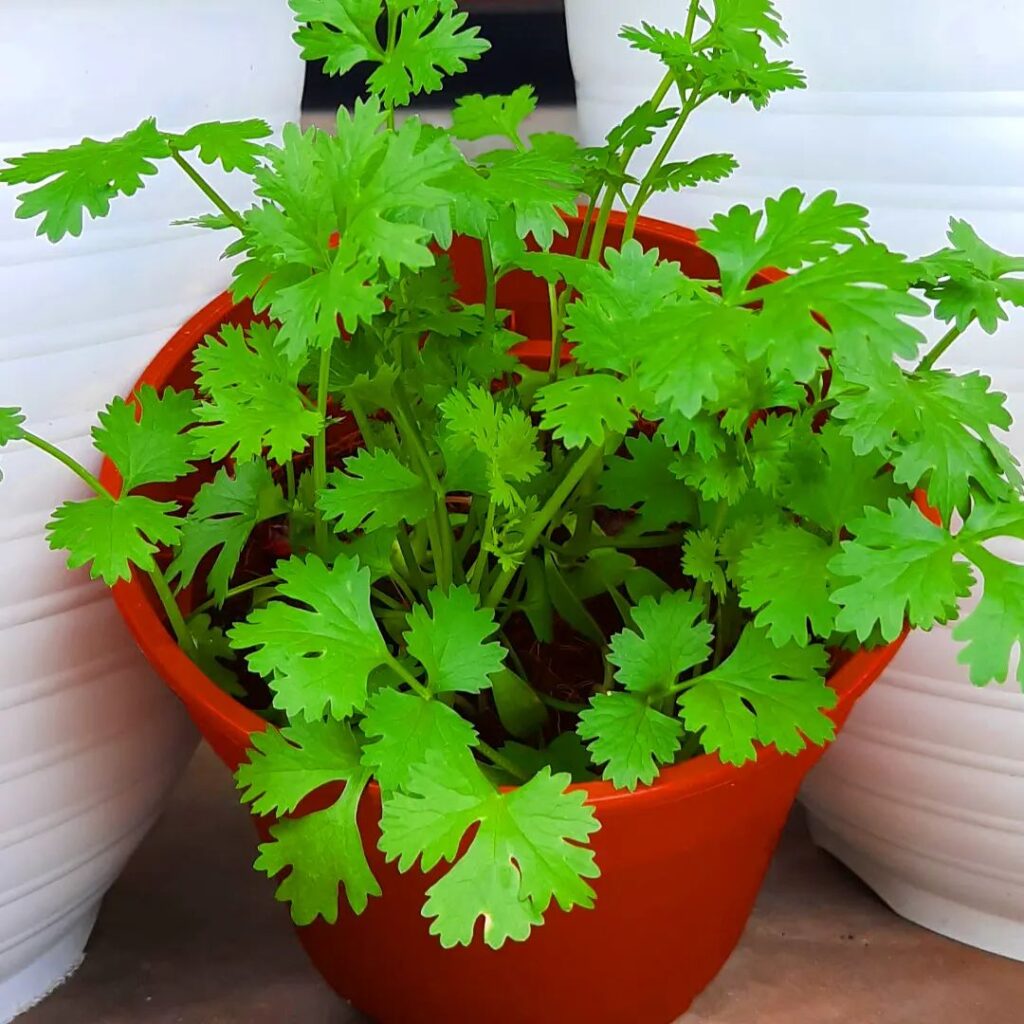
Application Time
Any time of the day except in hot sun.
Uses and Benefits
The plant can be protected from the attacks of aphids, mites and spiders.
- Certain insects can be controlled, except for certain species of insects that are less likely to harm animals.
- Less harmful than chemical pesticides.
- Biodegradable or destroyed in the environment so it does not harm the environment. Environmentally friendly.
- It is possible to produce crops in a healthy and 100% organic manner without the use of chemical pesticides.
Precautious
- Since pesticides are being produced biologically or naturally, it is better to use clay pots.
- Pure water will not contain any harmful substances, any other chemicals or ions dissolved in it.
- The mixture should be strained very well and then used in the sprayer so that the spray tube of the sprayer does not get stuck.
Organic Pesticide – Tulsi
Main Ingredients
- Clean container,
- Clean pure water,
- Tulsi,
- Soap/ soap powder/ liquid soap (ordinary soap, laundry soap, dry/liquid dish soap, shampoo, hand soap etc.).
The Method
- Take 100 grams of tulsi leaves into a clean container after grinding/paste well.
- Mix the batter/paste of tulsi leaves well in 4 liters of water and keep it for 12 hours.
- The solution should then be filtered well.
- Add 5 grams of powdered soap or 5 teaspoons of liquid soap to the solution obtained after filtering and mix well to prepare the pesticide made of Tulsi leaves.
- Now it is ready to spray the garden immediately.
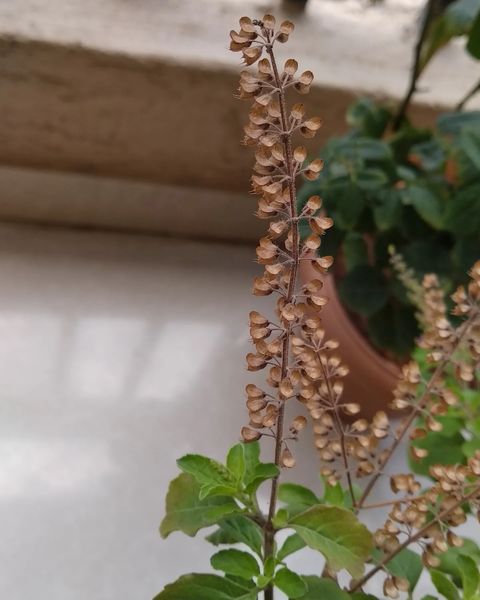
Application Time
You can spray in the morning or at any time of the day.
Uses and Benefits
- Fruit fly/blowfly can be removed.
- Controls leafhoppers that feed on plant leaves.
- If there is more basil in the garden, bugs and mosquitoes can be controlled.
- It also controls red spider mites that attack rose plants.
- Rice weevil can be controlled.
- Certain insects can be controlled, except for certain species of insects that are less likely to harm animals.
- Some chemicals are less harmful and more effective than pesticides.
- Biodegradable or destroyed in the environment so it does not harm the environment. Environmentally friendly.
- It is possible to produce crops in a healthy and 100% organic manner without the use of chemical pesticides.
Precautious
- Since pesticides are being produced biologically or naturally, it is better to use clay pots.
- Pure water will not contain any harmful substances, any other chemicals or ions dissolved in it.
- The mixture should be strained very well and then used in the sprayer so that the spray tube of the sprayer does not get stuck.
- It is better for plants not to apply it in direct sun or strong sunlight.
Organic Pesticides – Tobacco Leaves
Main Ingredients
- Clean container,
- Clean pure water,
- Tobacco leaves,
- Soap/ soap powder/ liquid soap (ordinary soap, laundry soap, dry/liquid dish soap, shampoo, hand soap etc.).
The Method
- Collect tobacco leaves from local raw-market or tea shop. 50 grams of tobacco leaves should be soaked in 1 liter of water for 12 hours.
- In another clean container, 5 grams of soap powder/ 5 spoons of liquid soap should be soaked in some water from that 1 liter of water for 12 hours.
- After 12 hours strain the tobacco leaves from the first mixture and take only the solution/water.
- Tobacco leaf solution/soap water mixed well will prepare organic pesticide for tobacco leaves which is suitable for immediate application in the garden.
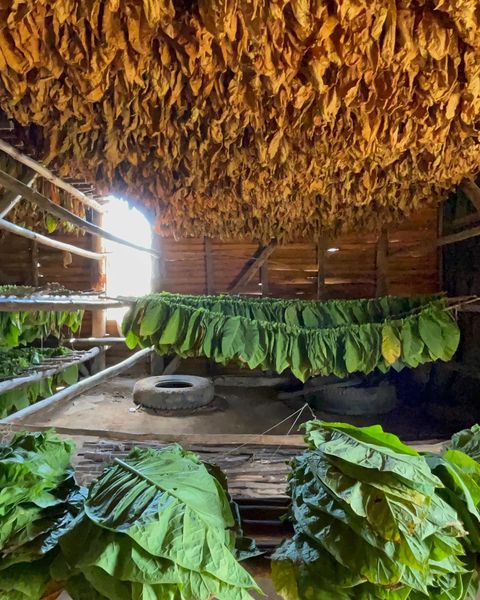
Application Time
Any time of the day except in hot sun.
Uses and Benefits
- Plants can be protected from aphid or borer attack.
- Plants can be protected from the attack of sucking insects.
- Plants can be protected from the attack of harmful insects of the beetle class.
- Plants can be protected from slug attack.
- Certain insects can be controlled, except for certain species of insects that are less likely to harm animals.
- Acts as an antibacterial agent.
- Acts as an antifungal agent.
Precautious
- It can cause bad smell in the garden when used, so try to spray in the evening to avoid bad smell.
- Mask and gloves can be used while spraying.
- Since pesticides are being produced in biological process or naturally, it is better to use clay pots.
- Pure water will not contain any harmful substance, any other chemical substances or dissolved ions.
- The mixture should be strained very well and then used in the sprayer so that the spray tube of the sprayer does not get stuck.
- It is better not to apply this pesticide on plants of tobacco family, potato, brinjal, tomato etc. Because, if it is applied to the plants of the same family, all the plants of that family have the opportunity to carry out the common disease-carrying bacteria to complete its life cycle. That is, the plant becomes infected by having the opportunity to regularly carry the organism. (E.g. can cause infection with tobacco mosaic virus etc.)
- It should be used only where there is pest infestation. Applying it to otherwise uninfected healthy plants may not introduce beneficial insects. It should not be applied in the presence of beneficial insects of the beetle class in the garden, such as the lady bird beetle.
- Should not be applied after flowering.
